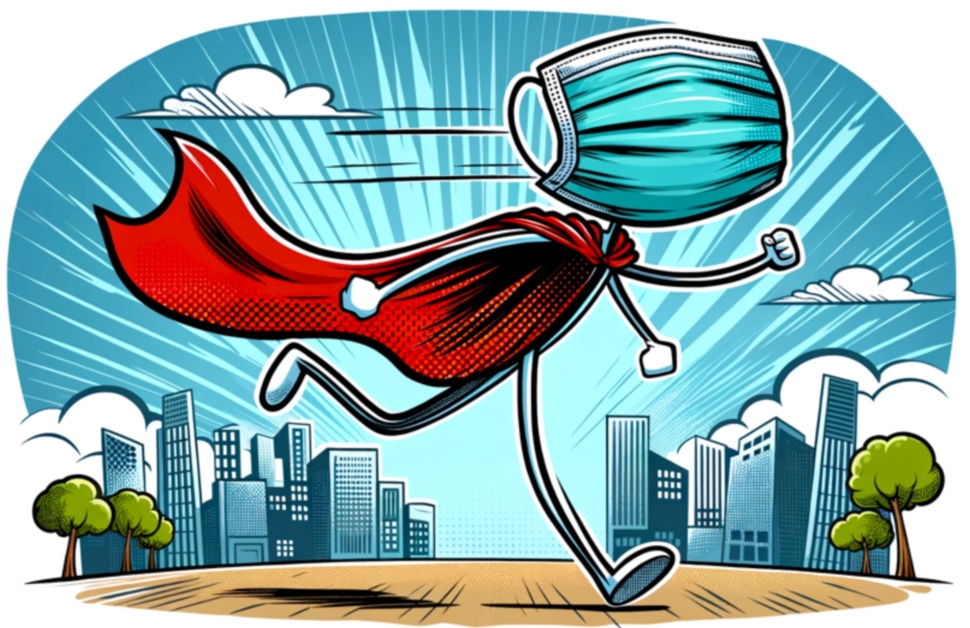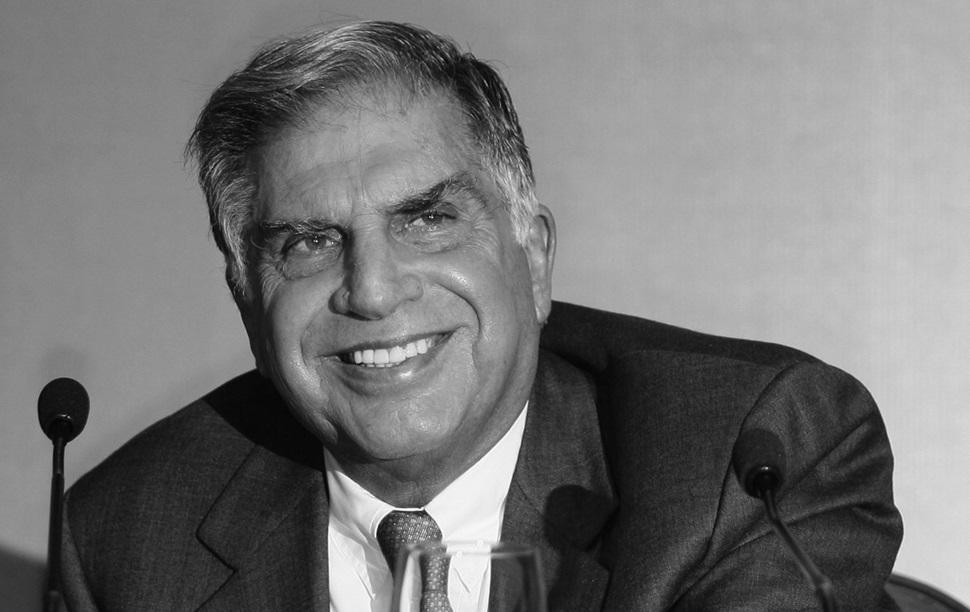Have you ever seen someone wearing a medical mask and thought, “Well, that’s overkill”? Or maybe you’re convinced that these flimsy pieces of fabric are nothing more than a placebo for the masses. Welcome to the great mask debate! This isn’t your typical superhero mask saga, but it’s just as dramatic. So, buckle up as we dive into the world of medical masks, where science meets skepticism, and facts face off against fiction.

A Brief History of Hiding Behind the Mask
Long before masks became a fashion statement or a political symbol, they had a day job in the medical world. The concept of covering one’s face for health reasons isn’t new. Picture this: it’s 1897, and a French surgeon named Paul Berger is turning heads by wearing a mask during surgery. Revolutionary, right? But the real party started in the early 20th century when masks became a staple during the Spanish Flu. Fast forward to today, and masks are the unsung heroes (or villains, depending on who you ask) in our battle against various health crises, including the granddaddy of them all, COVID-19.

The Mechanics of Masking – How Do These Things Even Work?
Let’s break it down. Masks work on a simple principle: barrier protection. Think of them as goalkeepers, blocking potentially infectious particles from scoring a goal into your respiratory tract. The star players? Surgical masks, N95s, and their cousins. Each type has its own superpower. Surgical masks are like the friendly neighborhood Spider-Man – good for general protection. N95s, on the other hand, are the Batman of masks – offering a higher level of protection against tiny airborne particles. No, they don’t give you superpowers, but they’re pretty good at their job.
MythBusters: Mask Edition
Now, let’s tackle some popular mask myths.
Myth #1: “Masks reduce oxygen intake and increase CO2 inhalation.” Spoiler alert: they don’t. Numerous studies have shown that masks have minimal impact on gas exchange during rest or mild exercise.
Myth #2: “Masks weaken your immune system.” Guess what? No evidence supports this claim. Your immune system is tougher than that. It doesn’t get lazy just because you sport a mask.
Around the World in Masks
Looking globally, the plot thickens. Countries that quickly adopted mask-wearing showed slower COVID-19 infection rates compared to those treating masks like a fashion accessory rather than a protective gear. In South Korea and Japan, where mask-wearing was almost universal, the infection rates were notably lower than in countries where masks were shrugged off. Coincidence? The numbers suggest otherwise.
To Mask or Not to Mask, That Is the Question
In the end, whether masks are seen as lifelines or nuisances, one thing is clear: they have a role in our health playbook. Sure, they’re not a magic shield, but they’re not just decorative pieces either. As we navigate through the health challenges of our time, perhaps it’s wise to keep an open mind about these humble pieces of fabric. After all, what’s the harm in erring on the side of caution?




